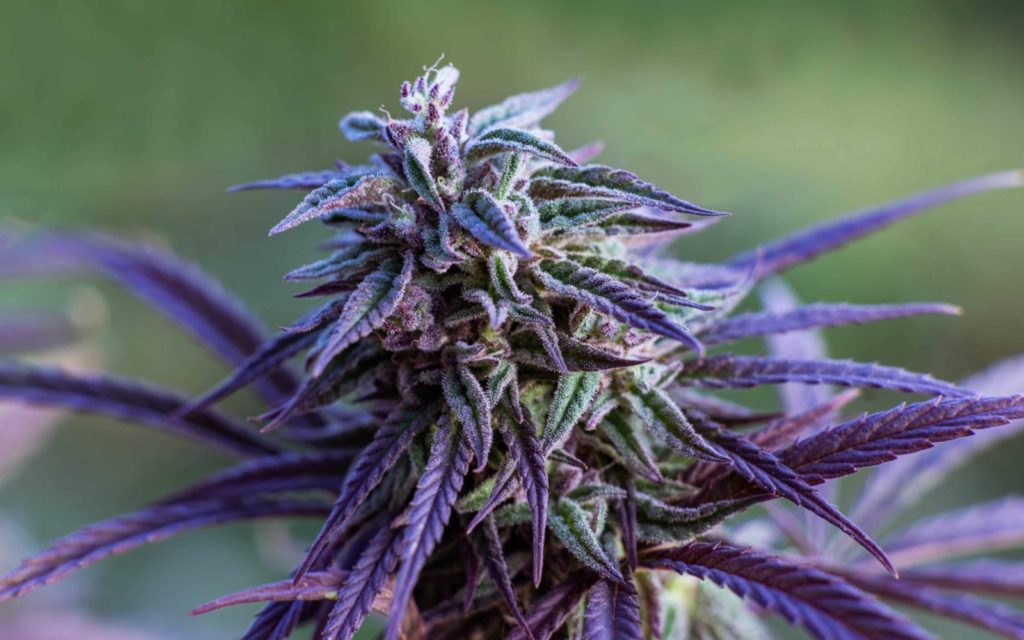Cannabis sales in the state of Washington declined by about $120 million over the past year, according to a recent market analysis report, marking the first time regulated sales of pot have dropped in a decade. Retail sales of marijuana fell by more than 8% from July 2021 through June 2022, according to a report on the cannabis markets in Washington, California, Colorado and Oregon from cannabis data analysis firm Headset.
The drop in retail cannabis sales in Washington followed two years of strong growth, largely fueled by the boost in sales associated with the COVID-19 pandemic and the resulting shutdowns of many businesses deemed nonessential. Like many other states with legal cannabis, regulators in Washington state designated marijuana retailers as essential businesses, allowing them to remain open for business during lockdowns.
“From March 2020 to March 2021, legacy cannabis markets saw drastic increases in growth,” Headset wrote. “In the beginning months of the pandemic for example, Colorado’s total adult-use sales grew by 63% from February to July 2020.”
During the same period, average monthly sales in Colorado grew by 25.8% compared to the year before, while in Oregon monthly sales grew by 36.6%. Brian Smith, a spokesperson for the Washington State Liquor and Cannabis Board, said that last year’s drop in sales is the result of post-pandemic economic conditions.
“What you’re seeing as a ‘dip’ is really sales returning to normal growth as more people returned to in-person work,” Smith said in a statement quoted by The Seattle Times.
The data showed a decrease in the frequency of visits consumers made to cannabis retailers and the amount of money they spent each time. Headset’s analysis showed that the average transaction recorded at licensed cannabis retailers in Washington dropped by almost three dollars, from $34.14 in July of last year to $31.41 in 2022.
Aaron Smith, co-founder and chief executive officer of the National Cannabis Industry Association, said that a decline in retail cannabis sales has also been documented in other states that have legalized sales of recreational marijuana. The Headset report showed that regulated sales of marijuana declined by nearly 10% in Oregon, while Colorado saw a drop in sales of more than 11%.
“This is not isolated to Washington state’s cannabis industry,” Smith told The Center Square via email. “We’re seeing similar trends across the country.”
High Taxes Hindering The Legal Cannabis Industry
Like many cannabis industry observers, Smith believes that retail marijuana sales are declining because taxes on regulated weed can be excessive compared to other industries, making cannabis available on the illicit market more attractive to consumers already facing higher prices on consumer goods because of international supply chain challenges.
“I believe the primary factor at play is inflationary pressure driving more consumers to procure cannabis in the underground, unregulated market,” Smith said. “Heavy taxes and regulatory burdens on our industry make it very difficult to compete with underground cannabis providers who pay no taxes at all and have no need to follow the state’s rules and regulations for producing and selling cannabis.”
Brian Fitzpatrick, chairman and CEO of Qredible, a cloud-based compliance platform for the cannabis industry, notes that taxes on cannabis in Washington are among the highest in the industry, totaling more than 46% in taxes when the state’s excise and sales taxes are combined.
“My fear is that this constant pressure from the significant taxes will cause companies to cut corners and cost in areas of quality and compliance just to compete with the illicit market,” Fitzpatrick wrote in an email to High Times. “The dangers of the illicit market are clear – they lack safety and regulation standards. If the government wants to promote safe and compliant usage, it should reconsider some relief on the excise taxes.”
The Washington CannaBusiness Association agrees that high taxes could be hindering the growth of the legal cannabis industry.
“On the margins, this high rate may be pushing some consumers to purchase their cannabis products from the unregulated, untaxed, illicit market,” the industry group said in a statement.
H/T: hightimes.com



